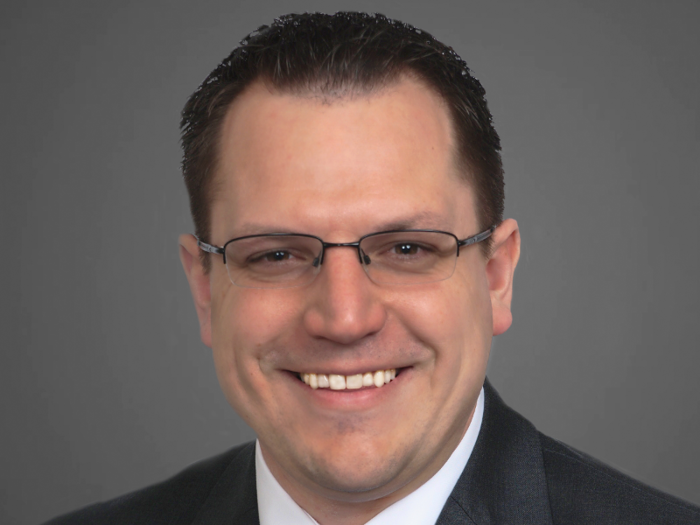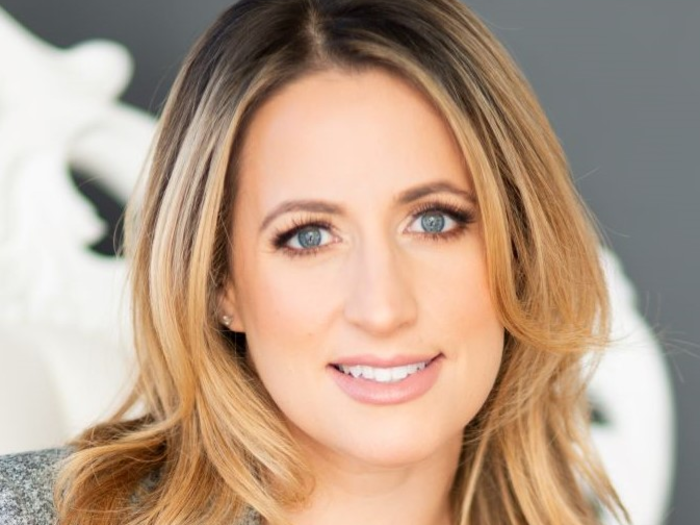- Home
- slideshows
- miscellaneous
- 8 money tips financial planners always give to couples
8 money tips financial planners always give to couples
Talk about your money history

Develop a financial plan together

Being in a relationship means working as a team. When you're on the same page about your income, expenses, assets, and liabilities as a couple and as individuals, it's much easier to make progress toward your goals.
CFP Lori Lustberg of Pathway Financial Advisors recommends creating a financial plan and a budget to use as metrics for weighing financial decisions.
"The biggest issue I see for couples is a lack of education and communication about income and expenses," she says. "Since financial stress is one of the top reasons couples get divorced, the advice I give everyone is [to understand] their personal budget as well as their assets, both shared and separate."
Develop clear lines around money

Merging your financial life with someone else's can result in tension about "whose is whose." According to Matthew Gaffey, a CFP with Corbett Road Wealth Management, it's a good idea to draw very clear lines on how each partner will view the money.
"Is this your money and my money, or is this our money? If it's our money, there needs to be agreed-upon rules about how our money is addressed," he says. "There is no room for hypocritical judgement for discretionary spending, which leads to conflict."
Set aside time to talk about money and meet with a pro

It's not always enjoyable or easy to discuss finances as a couple — it can be an emotional, and stressful, topic. Jake Northrup, a CFP with Experience Your Wealth, says he always recommends couples meet with a financial planner to facilitate the conversation.
"I recommend that you meet at least monthly to talk about finances," he says. "Try to make it fun: Get out of the house, have a glass of wine, and reflect upon your finances for the past month."
Use a budgeting software

Addie McHale, a CFP and founder of Moneyfull, recommends finding a budgeting software to track your spending and using it as a conversation starter for talking about money.
"By using budgeting software, there's no guessing about what's going out the door, so this is a great tool on which to center the conversation."
Share financial responsibilities

In a relationship, one person might be more interested in managing finances than the other. But CFP Michael Hackler of Horizon Financial Group says it's important to maintain a team mindset and share financial responsibilities.
"If responsibilities aren't divided, and something happens to the 'financial spouse,' the other one will be lost — bills go unpaid, debts accumulate, and your once-solid financial foundation crumbles," he says.
Consider discretionary spending accounts

CFP Misty Lynch of Beck Bode says she commonly recommends couples keep one joint account and two separate ones — a joint account to cover shared expenses and individual ones for discretionary spending.
"Nobody wants to feel like their spouse is acting like their parent and judging how they will spend their money," she says. "Even if only one partner is working outside the home, it's important to have some judgment-free wiggle room in the budget."
Check your habits against your goals

Aaron Nuti, CFP at Fairport Wealth, suggests regularly taking time to understand if your spending habits align with your overall goals as a couple.
"It's great that you have taken the time to think about your future goals; however, how are you going to know what is achievable and realistic if you don't know how much money you have coming in, how much is going out, and how much you are able to save?" he says.
If your money habits don't match your goals, Nuti recommends carving out time to make adjustments.
He says, "Starting here will only lead to a deeper discussion and better understanding of what's achievable for your financial future and goals."
A financial planner can help you set money goals — and reach them. Use SmartAsset's free tool to connect with a qualified professional »Popular Right Now
Popular Keywords
Advertisement